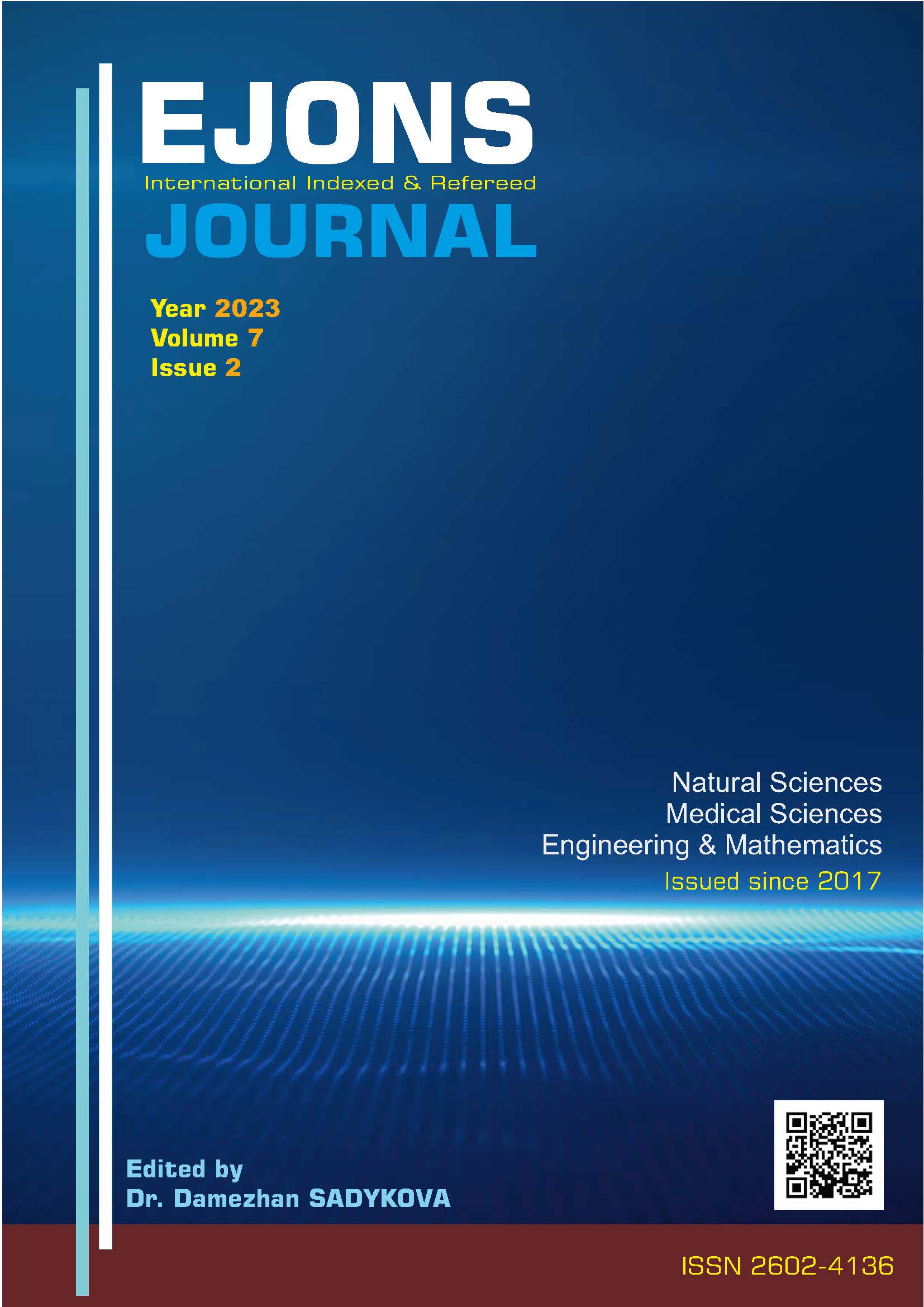THE EFFECT OF PROBIOTIC USE ON VITAMIN D LEVELS IN OBESE CHILDREN AND ADOLESCENTS WITH VITAMIN D DEFICIENCY
DOI:
https://doi.org/10.5281/zenodo.8315661Abstract
According to the World Health Organization, probiotics are digestible, nonpathogenic, live microorganisms when ingested in adequate amounts as dietary components can have a beneficial effect on the host by inhibiting or treating disease (9)
Obesity is defined as excess body fat and is a major health problem worldwide. The association between vitamin D deficiency and obesity and obesity-related diseases has been confirmed by a large number of studies, but the causal relationship is still unclear.
Several studies have shown that the gut microbiota alters vitamin D metabolism in the gut and that probiotic supplementation may affect vitamin D levels in the blood (1-6).
In this study, it was aimed to investigate the effects of adding probiotic replacement therapy to vitamin D replacement therapy on vitamin D status in obese children and adolescents with vitamin D deficiency. (1-6).
References
Weiss ST, Litonjua AA. Vitamin D, the gut microbiome, and the hygiene hypothesis. How does asthma begin? Am J Respir Crit Care Med. 2015; 191(5):492–493. [PubMed: 25723818]
Barbachano, A. et al. The endocrine vitamin D system in the gut. Mol. Cell Endocrinol. 453, 79–87 (2017).
Su, D. et al. Vitamin D signaling through induction of paneth cell defensins maintains gut microbiota and improves metabolic disorders and hepatic steatosis in animal models. Front Physiol. 7, 498 (2016).
Jin, D. et al. Lack of vitamin D receptor causes dysbiosis and changes the functions of the murine intestinal microbiome. Clin. Ther. 37, 996–1009 (2015).
Wu, S. et al. Vitamin D receptor pathway is required for probiotic protection in colitis. Am. J. Physiol. Gastrointest. Liver Physiol. 309, G341–G349 (2015).
Ooi, J. H., Li, Y., Rogers, C. J. & Cantorna, M. T. Vitamin D regulates the gut microbiome and protects mice from dextran sodium sulfate-induced colitis. J. Nutr. 143, 1679–1686 (2013).
Jones, M. L., Martoni, C. J. & Prakash, S. Oral supplementation with probiotic L. reuteri NCIMB 30242 increases mean circulating 25-hydroxyvitamin D: a post hoc analysis of a r
Bennour, I.; Haroun, N.; Sicard, F.; Mounien, L.; Landrier, J.-F. Vitamin D and Obesity/Adiposity— A Brief Overview of Recent Studies. Nutrients 2022, 14, 2049. https:// doi.org/10.3390/nu14102049
Shang M, Sun J. Vitamin D/VDR, Probiotics, and Gastrointestinal Diseases. Curr Med Chem. 2017;24(9):876-887. doi: 10.2174/0929867323666161202150008. PMID: 27915988; PMCID: PMC5457364.
Downloads
Published
How to Cite
Issue
Section
License
Copyright (c) 2023 EJONS INTERNATIONAL JOURNAL

This work is licensed under a Creative Commons Attribution-NonCommercial 4.0 International License.


